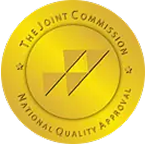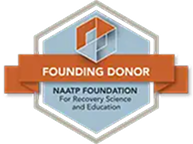Why You Should Start A Recovery Journal

Early recovery is often described as an emotional roller coaster ride. Elation and relief can quickly turn into anger or shame as feelings come flooding back after being masked by substances for so long. Starting a recovery journal is a helpful way to make sense of these conflicting emotions. As the pen hits the paper, there exists a space for vulnerability and honesty to live and thrive.
The goal of a recovery journal is not to dwell on the past or look to the future, but instead to explore feelings in the present. Putting our thoughts down on paper helps us better understand our actions and reactions in a way that is seldom revealed by talking or thinking. Writing gives us the answer to questions we never even knew we had.
A recovery journal can be as simple or as creative as you’d like! Some prefer keeping an electronic copy on their phone or computer, while others choose notebooks or specialty journals — regardless of the medium, consistency is key. Your recovery journal becomes a way to track your moods, growth and the challenges of daily living. It helps you see where barriers exist and how you have used recovery tools to deal with them. Here are a few ideas to include in your journal:
- What am I grateful for today?
- What can I celebrate?
- How would I rate my day today on a scale of 1-10? Why?
- What am I feeling, specifically?
- What did I do well today?
- What can I improve on?
- What did I do for my recovery today?
- What did I do for others today?
As the pen glides or the keys click, the words and sentences come together as a crucial reminder of what it was like living in addiction and what it is like now in recovery. The options for your journal are endless, but keep in mind that this is not the place for formality! Find a comfortable place to settle in, turn your “editor” off and start writing! Let your words speak your truth and your truth keep you sober.
Written by Jena Plummer, MA, LCAS-A, LPC-A, NCC
Primary Counselor
Fellowship Hall






